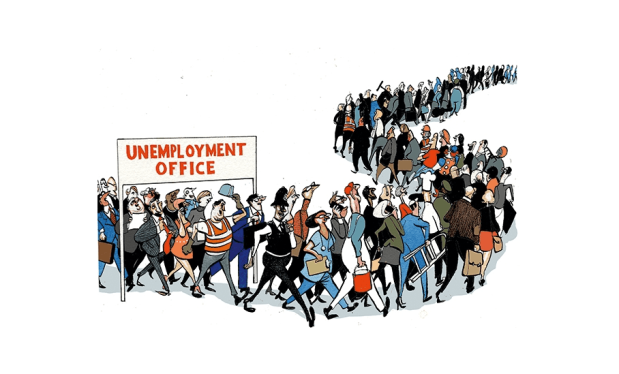It’s Scotland’s annual Gers shenanigans this week. If you don’t already know, Gers stands for ‘Government Expenditure and Revenue Scotland’. It is an official Scottish government statistics report that provides an estimate of the total amount of government revenue raised in Scotland versus the total amount of public spending benefitting the country. The gap between the two highlights the notional fiscal deficit.
As the best available guide to the fundamentals a newly independent Scotland would start off with, the annual Gers updates create something of a feeding frenzy on the constitutional debate. On the build up to the 2014 referendum, the Nationalists loved the Gers numbers because they showed how Scotland’s deficit was smaller than the UK’s as a whole thanks to healthy North Sea oil and gas tax receipts. Nicola Sturgeon and Alex Salmond based their economic case for secession on the back of assuming multiple billions of pounds in oil and gas tax revenues propping up a Scottish exchequer well into the future.
The outcome was very different. Oil and gas revenues fell off a cliff after 2014, to the point where, by 2016, the year Salmond planned to cut formal ties with the rest of the UK, they had dived into negative territory for the first time. The SNP then changed its tune, both on Gers and the importance of oil and gas. Any future North Sea revenues would be a ‘windfall fiscal bonus’ and not relied upon for fiscal management. Meanwhile the party tried its best to discredit and downplay the Gers numbers, which by now regularly showed Scotland running very large fiscal deficits that would obviously be unsustainable for a newly independent state.
The latest numbers show the impact of a likely temporary boost in oil and gas tax receipts on the back of higher fossil fuel prices and the implementation of the windfall tax on oil companies, alongside a continued large notional deficit reflective of the higher spending Scotland benefits from by being in the UK.
Here is a rundown of the headline numbers:
- Scotland’s revenue in 2022-23 grew by £15 billion to £87.5 billion. ‘This reflects strong growth in North Sea receipts due to high energy prices and the introduction of the Energy Profits Levy, as well as the continuing reversal of the falls in revenue caused by the pandemic,’ states the report.
- Public spending for Scotland increased from £97.4 billion in 2021-22 to £106.6 billion in 2022-23.
- Scotland’s public spending deficit was therefore £19.1 billion last year, down from £24.9 billion the previous year, representing a 9 per cent of GDP deficit for 2022-23, down from 12.8 per cent in 2021-22. For the UK as a whole, the deficit sits at 5.2 per cent of GDP.
- Expenditure per person in Scotland sits at £19,459 compared with £17,243 for the UK, meaning a difference of well over £2,000 extra spending per person.
What do the new numbers mean for the constitutional debate? Scotland still has a large fiscal deficit even with temporarily boosted oil and gas tax income. The Institute for Fiscal Studies (IFS) has projected forward UK and Scottish fiscal balances to 2028 and found that the latter’s notional deficit will fall modestly in coming years, with the UK deficit falling much more substantially.
As the IFS’s David Phillips points out, under the current constitutional arrangements, the deficit is subsumed within wider UK borrowing, and so doesn’t matter much to the reality of the here and now. ‘That would change with independence,’ says Phillips. ‘A deficit on the scale projected would not be sustainable in the long-term.’ Addressing it would require big tax rises, big spending cuts, or a combination of both.
For the Nationalists, the harsh reality of Scotland’s fiscal challenge remains. They aim to stop Scotland’s deficit being subsumed within the UK to instead crystalise it as a Scotland-only liability. If they persist in pushing for secession then they should be ready to detail the tax rises and spending cuts they will implement after separation. The pretence that such measures would not be needed is now patently ludicrous, as reinforced by the latest figures.
We should see a plan that lays out, in realistic if necessarily brutal terms, where the cuts will fall and which parts of society will see their incomes hit as the new state grasps for fiscal credibility. That would at least signal that the Scottish government has accepted what the Gers numbers say.
Got something to add? Join the discussion and comment below.
Get 10 issues for just $10
Subscribe to The Spectator Australia today for the next 10 magazine issues, plus full online access, for just $10.



















Comments
Don't miss out
Join the conversation with other Spectator Australia readers. Subscribe to leave a comment.
SUBSCRIBEAlready a subscriber? Log in